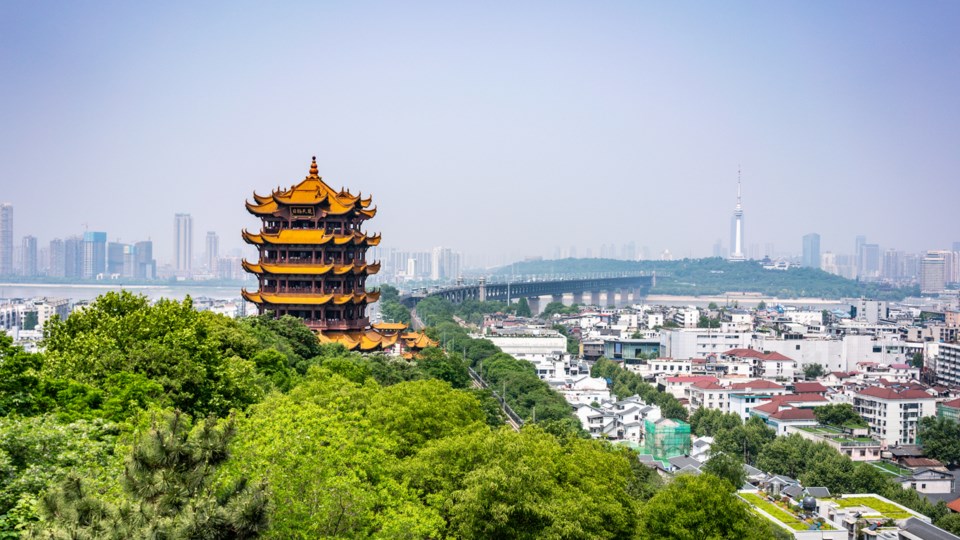As B.C. confirms its first case of the coronavirus that has killed more than 100 people in China, Vancouver’s Chinese-Canadian Hubei community — most of whom have lived in Canada for years but trace their roots to Hubei province, the epicentre of the outbreak — is urging tolerance.
Monika Wu, president of the China Hubei Association of Vancouver, said most — if not all — of its 1,000 members in the Lower Mainland have relatives and friends in the outbreak zone (centred in the metropolitan area of Wuhan city), and several have spoken with family in Hubei who have contracted the virus.
Wu confirms that no one with links to the Vancouver community has died in the Wuhan outbreak, but association members are still concerned “beyond belief” about the well-being of family back home — adding that the association is now trying to get the message out within the association to limit “panics-buying” items like facial masks to send home.
“Yes, we did buy quite a bit — but we need to considerate of local needs,” Wu said. “We have people living overseas everywhere in the world, and everyone is buying masks to send home. If that has created panic or inconvenience, we’d like to emphasize that is not our intention; please understand that we are trying to help control the outbreak at its source, because if China cannot contain it, I think we can all see how much worse things can get.”
The Hubei Association, Wu said, kicked off a private fundraising effort as soon as news spread of the outbreak’s acceleration earlier this month. It has raised 40,000 in Chinese yuan ($7,590) and an additional $4,000 in Canadian dollars, but the group is now struggling to find a way to channel the money to buy resources that can be distributed in Wuhan and Hubei — both of which have been put in de-facto quarantine by Chinese authorities.
“None of us have been able sleep well for at least a week,” Wu said. “We are worrying about this every single day, trying to track down a distributor in China who can get our donations into the hands of people in Wuhan. But these pathways are simply not very open right now. We are all spent and are under so much pressure.”
Association members say relatives confirm that travel with outside regions has been almost completely cut off, although the government has opened “community supermarkets” in many neighbourhoods to ensure citizens’ sustenance needs are met. In addition, most hospitals have been converted into coronavirus-specific facilities, separating potentially infected patients from people with normal health issues (who are now reporting to community clinics).
Citizens in Wuhan and Hubei are also required to fill out a form detailing their body temperatures every morning. The forms are then filed with local neighbourhood associations to track if any cases of potential infection emerge. Officials with the Vancouver association said that — while they are well-aware of Hubei/Wuhan’s sacrifice — they are supportive and confident of China’s response to limit the outbreak so far.
Meanwhile, Wu said people in the Vancouver community who recently returned from Wuhan have been self-quarantining, voluntarily isolating themselves in their homes for a week or more. Despite these efforts, Wu said she feels there has been unwarranted scrutiny placed on people in the local Hubei community — both in Vancouver and elsewhere outside of China — as the coronavirus outbreak gains mainstream notoriety.
“Not everyone from Wuhan is infected,” she said. “I’ve seen a few instances where people see us and automatically think we carry the virus, and that’s wholly unnecessary. It’s not helpful… Everyone’s interest is the same in this situation, so let’s be supportive of one another as we try to work our way out of this.”
Read the original article here.



